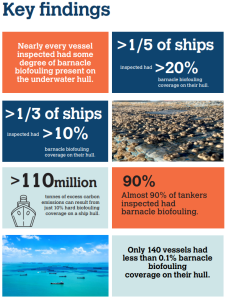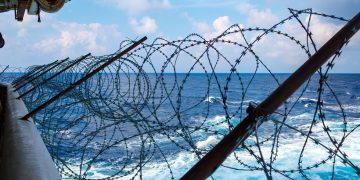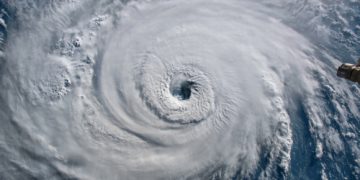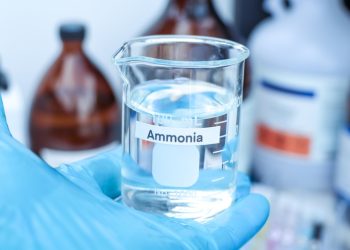A new study, conducted by an independent marine coatings consultancy and published by I-Tech, reveals the widespread issue of barnacle biofouling on the global shipping fleet, with serious implications for decarbonisation efforts, thus highlighting the importance of antifouling.
Among 685 vessels inspected in dry dock between 2015 and 2025, over one-fifth had more than 20% of their underwater hull surface covered in barnacles, and one-third exceeded 10% coverage. Only 140 vessels showed minimal biofouling (<0.1%). This widespread presence of barnacles increases hull resistance, driving up fuel consumption, emissions, and operating costs.

Animal fouling presence by ship type
To better understand the barnacle biofouling challenge, the research study examined the occurrence of animal fouling (mainly barnacles) across different vessel types, aiming to identify which are most or least at risk.
Inspection data revealed that all vessel types showed some level of animal fouling on their hulls. However, certain vessel types had significantly more fouling than others:
The highest proportion of animal fouling was found on tankers (including product, chemical, crude, LNG, and LPG).
The lowest levels were observed on containerships, followed closely by Pure Car Carriers (PCCs).
Variations in fouling levels are partly due to factors such as paint systems, vessel speed, operational activity, and geographic trade routes.
The study, highlights that even a 10% barnacle coverage can demand 36% more engine power to maintain speed, potentially contributing to over 110 million tonnes of excess CO₂ emissions annually and an added US $15 billion in fuel costs. Vessel type, activity level, and hull area affected (especially flat bottoms) were all key factors in barnacle presence.
The findings that more than one fifth of vessels in this study had more than 20% barnacle biofouling is concerning. This reinforces the fact that antifouling coating systems with good static performance, boosted by the presence of biocides that target hard fouling, even under extended static conditions, are an absolute necessity if barnacle fouling is to be reduced to much lower levels on a global fleet scale.
… said Dr Markus Hoffmann, Technical Director at I-Tech.































































